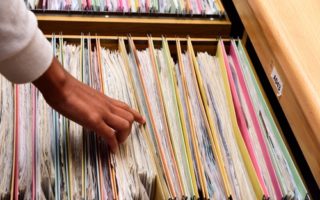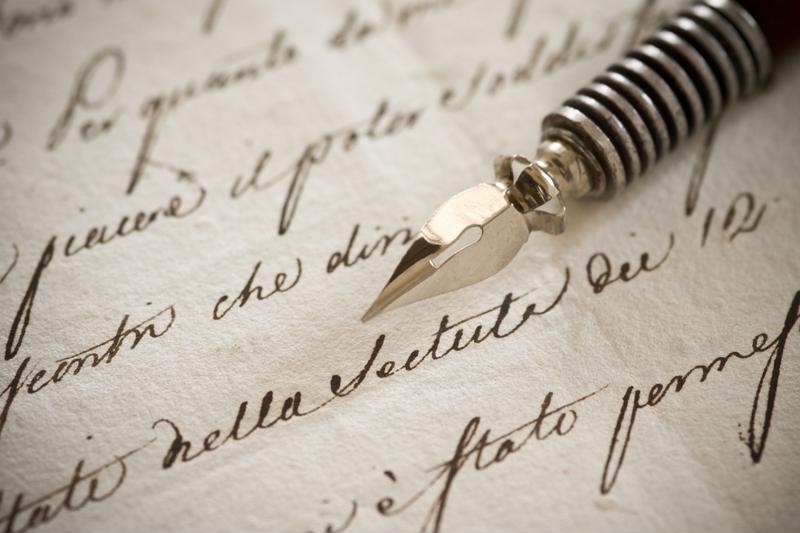
Historical societies increasingly turn to digitizing documents
State and local efforts to preserve historical documents have increasingly relied on scanning and saving important information, and that trend is only likely to continue in the future. As organizations turn to new ways to protect important letters, papers, books, and more, the ability to digitize documents is a crucial way to preserve the past.
For instance, the Maine State Archives and Maine State Library recently started a program that would allow volunteers to work with scanned images of historical documents, transcribing text that cannot be read by the state's systems, according to the Portland Press-Herald. By doing so, it will make the state's archives more searchable, and give people the ability to read important documents without traveling to the state capital of Augusta.
Documents including letters from the Revolutionary and Civil Wars, centuries-old birth and death records, and even the paperwork related to Maine ratifying the 13th Amendment to the U.S. Constitution are in the project. So far, only about 500 pages of digital documents have been scanned into the transcription software system; the state has some 95 million pages in its archives.
"As we get new documents scanned, we will put them on the website and hopefully people will help us out," Heather Moran, an archivist with Maine State Archives, told the newspaper.

Meanwhile, the city of Port Neches, Texas, recently completed an extensive project to document its local history, according to the Port Neches News. There, volunteers and library staff worked to digitize historical documents like maps, letters, and photos, as well as record oral histories from longtime residents who remember the events of decades ago. As with the Maine project, the hope is that these efforts will allow future generations to get a better feel for what life was like there at specific points in history.
"You have to preserve the past for the future and present it to the new members of society, the youth," Nola Martin, an employee at the local library who helped to spur the project, told the newspaper. "If they only know the words to the fight song and how good the splash park is, that's not enough."
In these projects, options like document scanning and microfilm digitization could also go a long way toward allowing historical societies and other organizations to effectively safeguard all kinds of vital documents.
